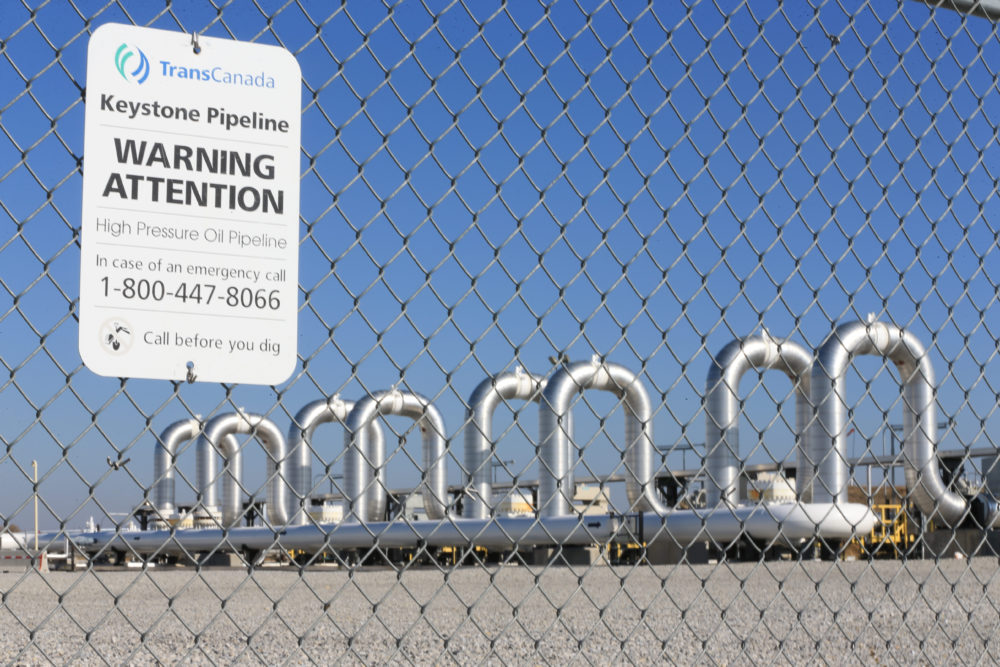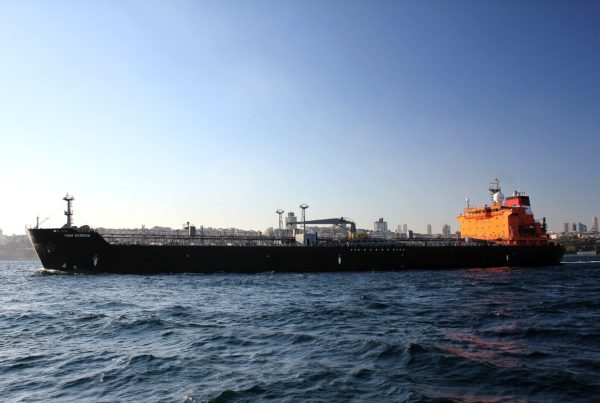From Houston Public Media:
The approval of the Keystone XL Pipeline could have implications for the Texas Gulf Coast – that is, if it’s built. Alongside the politics, there are other factors surrounding the project’s fate in the current economic climate.
The pipeline would bring more than 800,000 barrels of Canadian oil sands crude to coastal refineries, which is a big deal for Texas. But Rice University energy management professor Bill Arnold says it could also affect Mexico and its state-run oil company.
“Pemex has a financial stake in the Deer Park refinery so that it can refine its heavy sulfur crude oil here,” he says.
Mexico’s refineries aren’t equipped to handle the kind of heavy crude that country produces, so that oil winds up at U.S. refineries. Keystone could mean more competition for Mexico to have access to Gulf Coast refineries, and there are political factors at play as well.
“It’s certainly not good news for Mexico, especially at a time when the Trump Administration is talking about border taxes,” Arnold says.
But with oil prices so low, do companies still care about the product Keystone would move? Shell and other companies have sold off their Canadian oil sands holdings.
Industry consultant Bill Edwards of Katy thinks Keystone will never be built.
“The question that never got asked by anyone is ‘what happens to that oil when it gets to the other end of the pipe?’”
Edwards says Canada can’t move oil to the coast for as cheap as Latin American countries can. Some say growing oil demand and eventual price rebounds will help oil sands producers. But others say the sands will have a hard time competing with shale oil from U.S. fields.
Still, industry groups have praised Keystone’s approval. Environmentalists are promising a renewed fight against it.
















